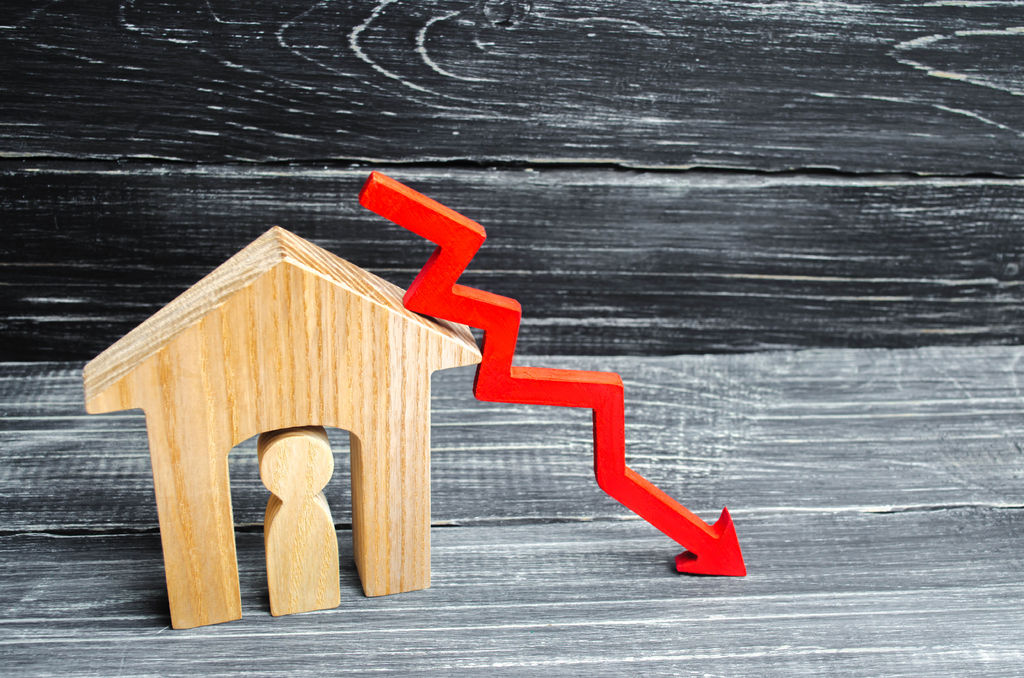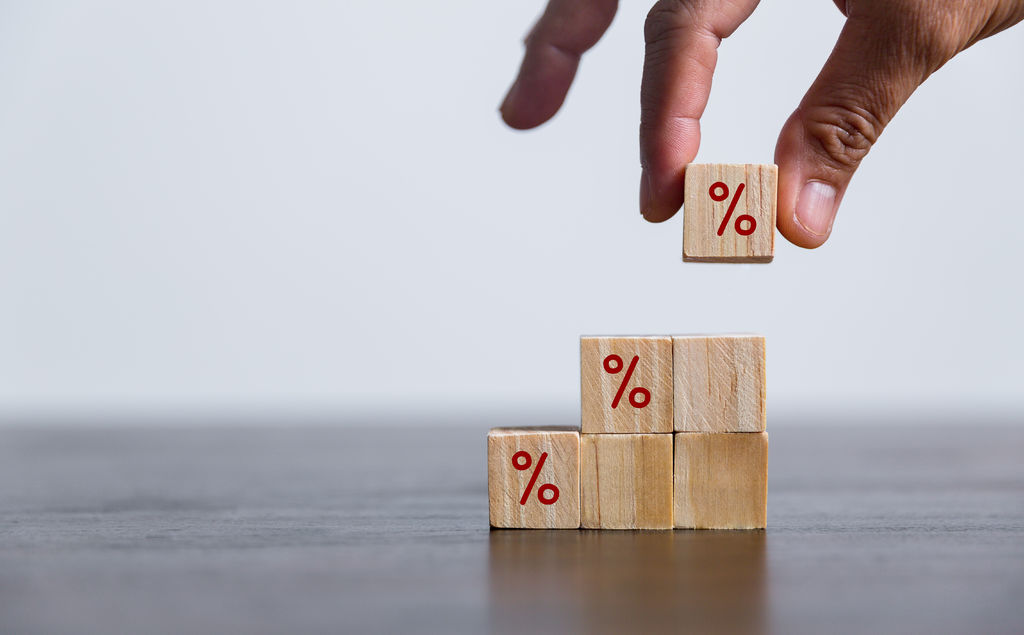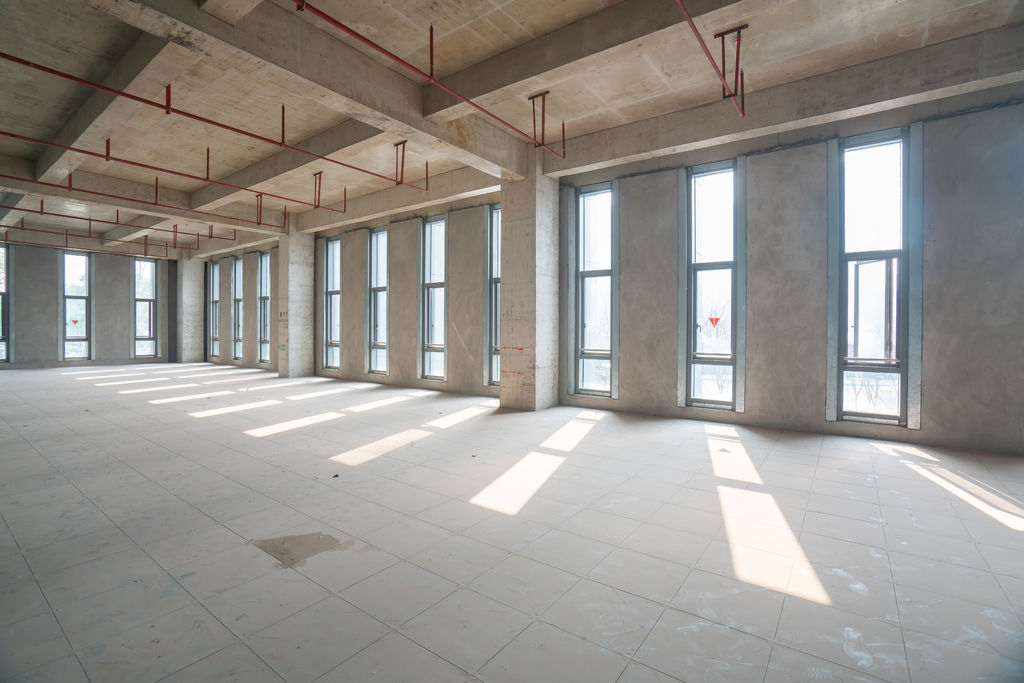Last Updated on September 15, 2023
8 things that happen to the real estate market during a recession
Post by RyanSellers.com Real Estate Group
Share
Tweet
Share
The real estate market can be affected by a recession in a variety of ways, depending on a few things like how bad the recession is and how long it lasts, what’s going on in the local market, and what the government is doing. Here are some of the most common ways a recession can impact the real estate market.

1. Drop-In Real Estate Demand
During a recession, consumer and business confidence often declines. This can lead to a decrease in demand for real estate, as people may postpone home purchases, and businesses may delay expansion or reduce their office space needs.

2. Drop in Property value
Lower demand and increased financial stress on homeowners can lead to a decrease in property values. This can result in lower home prices, reduced property appreciation rates, and potentially even a glut of unsold homes in some markets.

3. Reduced lending opportunities
Banks and mortgage lenders may become more cautious during a recession, leading to stricter lending standards. This can make it more challenging for individuals to secure mortgages, reducing the pool of potential buyers.

4. upsurge in Foreclosures
Economic downturns can lead to job losses and financial hardships for homeowners. Some may struggle to make their mortgage payments, leading to an increase in foreclosure rates. This can further depress property values in affected areas.

5. Impact on commercial properties
The commercial real estate sector can also be heavily affected. Reduced consumer spending can lead to vacant retail spaces, and businesses may downsize or consolidate office space. Industrial and warehouse properties may fare better, depending on the nature of the recession and the growth of e-commerce.

6. Boost in Investment opportunities
Some real estate investors see recessions as opportunities to acquire properties at a lower cost. Distressed sales and motivated sellers can provide investment opportunities for those with the financial means to capitalize on them.

7. Shift in Government Policies
Government intervention during a recession can influence the real estate market. Stimulus packages, foreclosure moratoriums, and other policies can mitigate some of the negative impacts. Additionally, central banks may adjust interest rates to stimulate economic activity, which can affect mortgage rates.

8. Delayed Real estate Development
Real estate development projects, including new construction and renovations, may be put on hold during a recession due to financing challenges and reduced demand.
Blogs You Might Also Be Interested In
This site owned and operated by 1301245 Alberta Inc. O/A RyanSellers.com Real Estate Group.
- Office: #200, 10835 124 St Edmonton, AB T5M 0H4
- 780-994-4663
- [email protected]
- Privacy Policy
- Terms of Service




